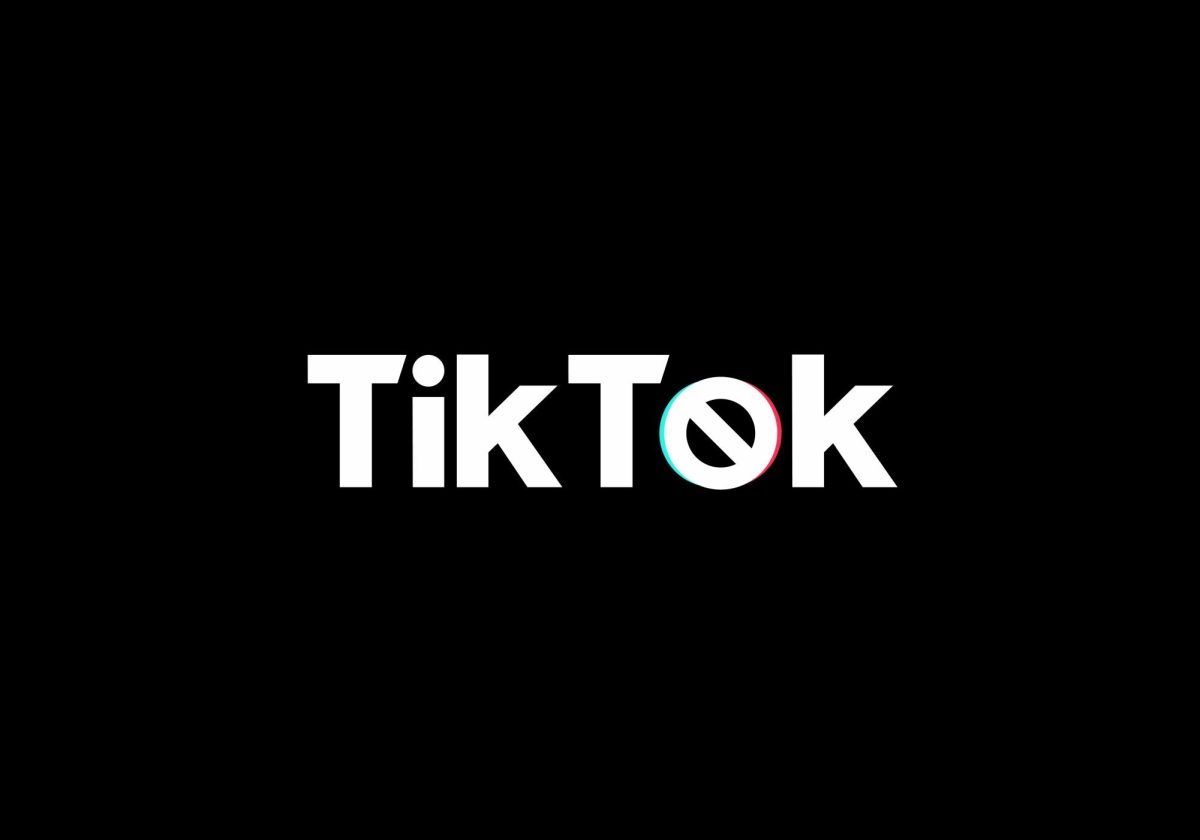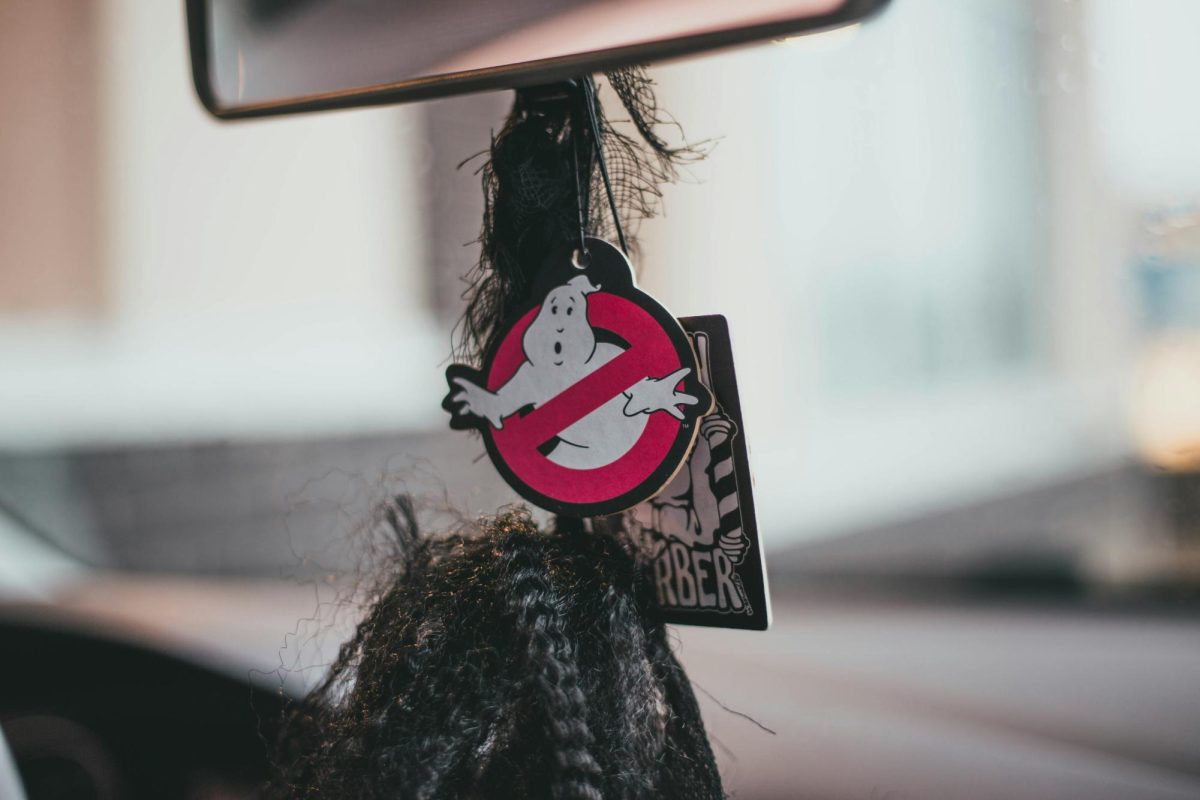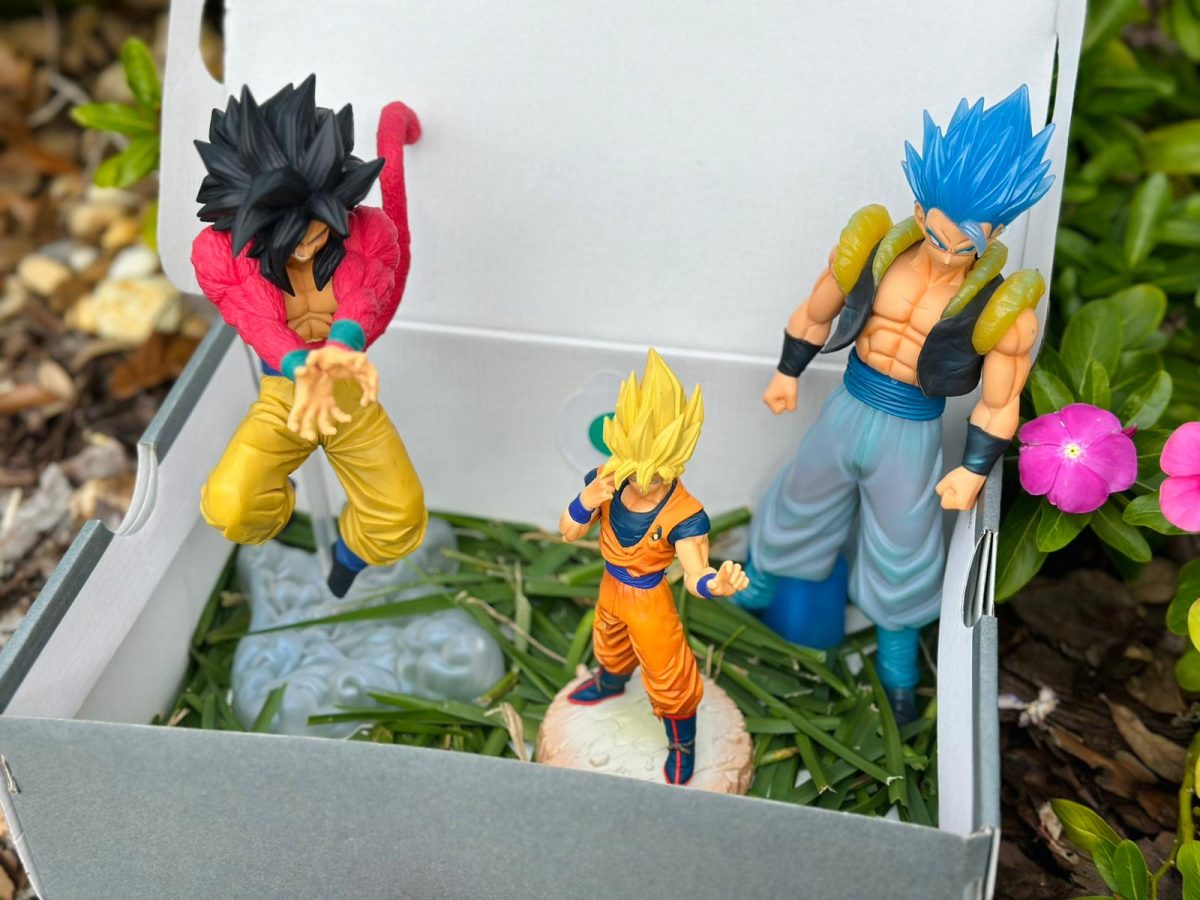Holidays historically have been a time to gather, celebrate and remember with loved ones. In recent years, the importance of many holidays has been stolen by human greed and corruption. With a profit to be made in all aspects, it seems that not even holidays are exempt from commercialization. Easter is the day on which Christians celebrate the resurrection of the Lord Jesus Christ. It is one of the most important religious holidays for Christians and is celebrated widely across the world. So, how has it been commercialized to the point where it’s recognized by a bunny and not by Jesus’ resurrection?
Christians believe the Son of God stepped down from heaven, died on the cross, conquered death and rose again on the third day for the salvation of those who believe in Him. Easter is the day that is set apart for Christians to remember and celebrate the salvation they’ve found in the resurrection of Christ. However, more of the population participates in the festivities. According to Pew Research Center, in the early 90s up to 90% of the population identified as Christians but today, about 67% of American adults identify as Christian. As more people move away from the original values of Easter, corporations are finding new ways to capitalize off the celebration. Easter bunnies, parades, egg hunts and egg decorating are standard in the American household.
The Easter bunny tradition stems from a pagan festival celebrating the god of Eostre. Eostre was the god of fertility and the eggs represented birth and new life, according to the Smithsonian Magazine. As America moves away from its Christian foundation, we’re finding new ways to capitalize on religious holidays by getting more people to participate by combining paganism with religion. In 2023 Americans spent 24 billion dollars on Easter celebrations, according to the National Retail Federation. When we take the focus and shift it to candy, decorations, clothes and gifts, the true meaning is lost in the shuffle of it all. America has been taken over by a culture of commercialism and overconsumption with customers going into a frenzy for their shopping dopamine hit. In almost every moment you are a target of marketing and holidays are essential for a company’s survival. We’re trained to believe that new purchases are a requirement for every holiday and celebration.
It’s impossible to think of a holiday that doesn’t involve mass consumption. Religious or not, we have been deceived into thinking that this level of consumerism is natural. With increases in poverty and cost of living, Americans have less disposable income. However, this has not resulted in less holiday spending. Are we just poor financial managers or has this way of celebrating been so woven into our culture that it does not seem optional to participate? Our economy is reliant on these upticks during holiday seasons with companies spending millions of dollars on holiday marketing. The level of consumption is out of hand and entirely unnecessary. The value of Easter is lost when we try to monopolize off of something with a significance far deeper than streamers and tie-dye eggs.













































